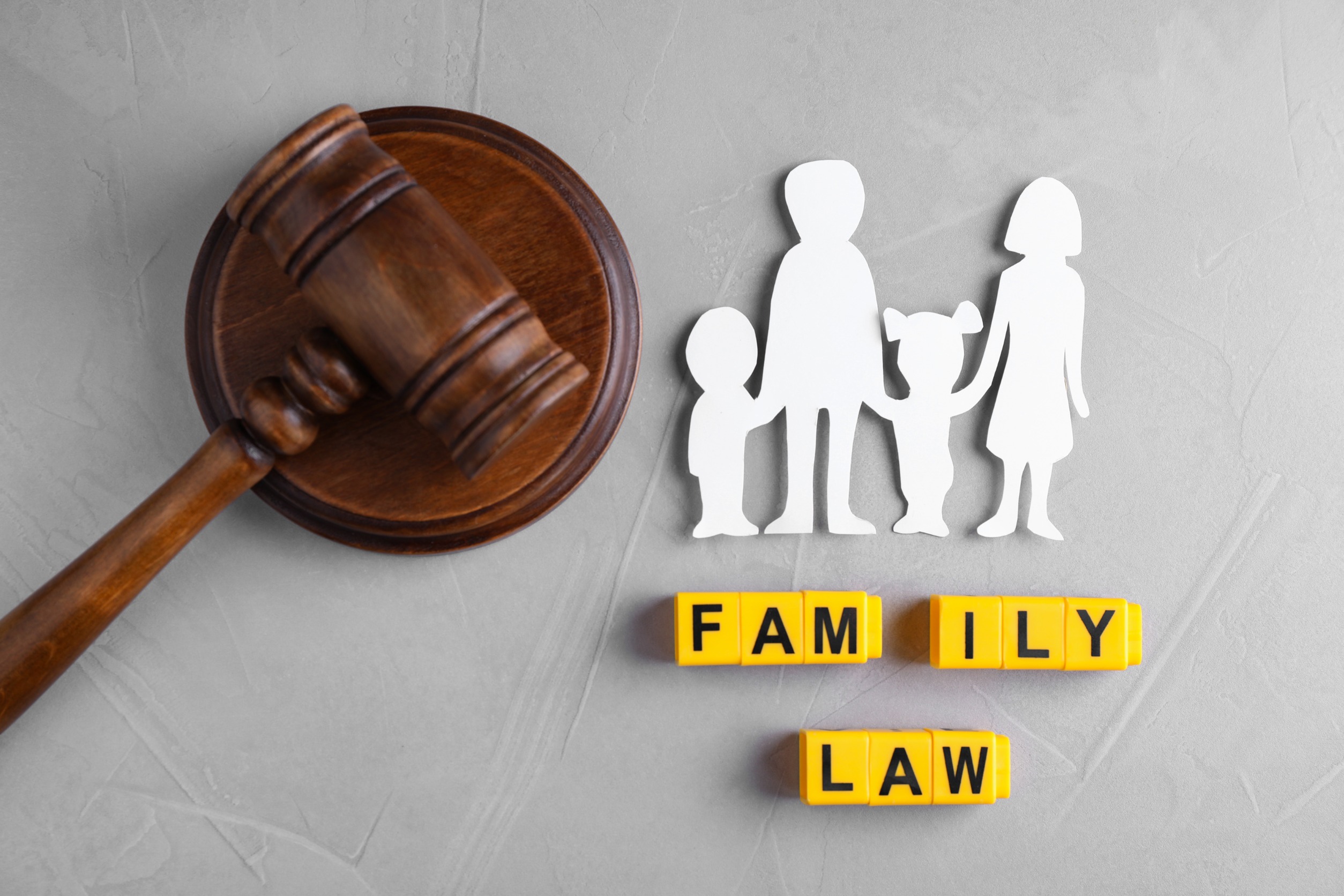
Adultery affecting divorce settlements in a negative way will vary by state. In Oklahoma, where divorce laws are governed by the Oklahoma Statutes, adultery can play a role in certain aspects of the divorce process, particularly when it comes to property division, alimony, and child custody. However, Oklahoma is a no-fault divorce state, meaning a spouse does not need to prove wrongdoing to obtain a divorce. Here we will go over what can happen in these instances. Does Adultery Affect Grounds for Divorce in Oklahoma? Yes, adultery… Read More









